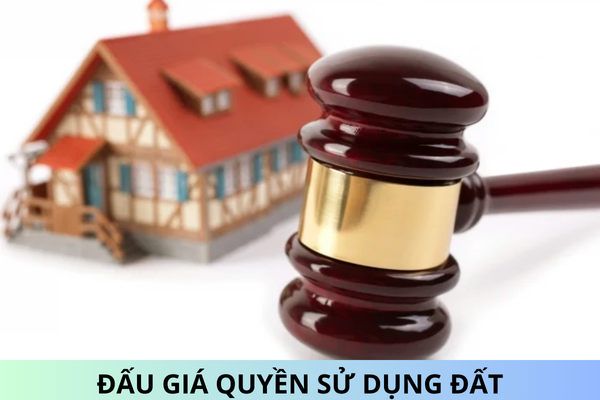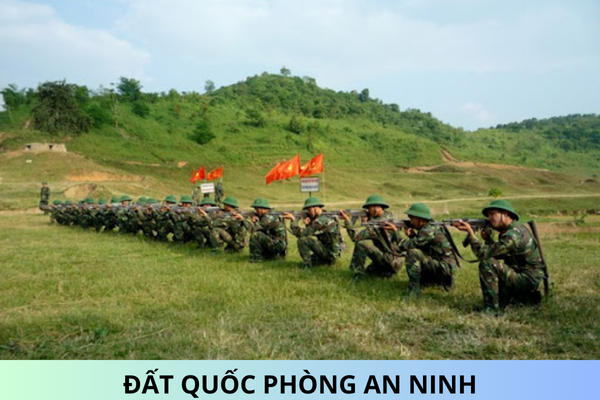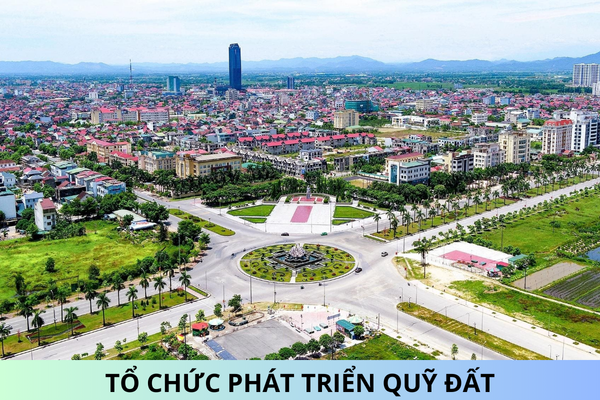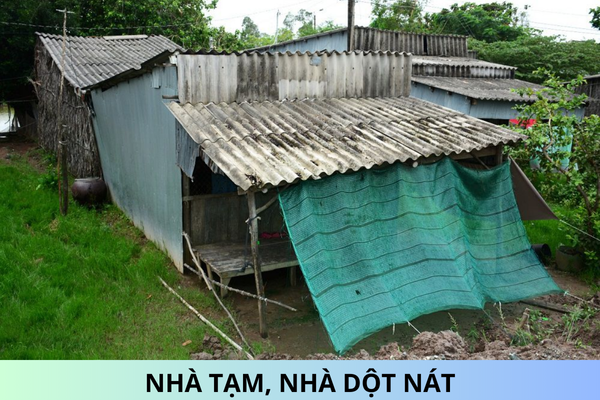In which cases does the State lease land with one-time land rent payment for the entire lease term in vietnam?
In which cases does the State lease land with one-time land rent payment for the entire lease term in vietnam?
Based on Article 120 of the Land Law 2024 on land leasing:
Article 120. Land leasing
- The State leases land with a one-time land rent payment for the entire lease period or annual land rent payment for cases not covered by the provisions of Articles 118 and 119 of this Law.
2. The State leases land with one-time land rent payment for the entire lease period in the following cases:
a) Use of land for implementing investment projects in agriculture, forestry, aquaculture, salt production;
b) Use of land in industrial zones, industrial clusters, high-tech zones, worker accommodation in industrial zones; land used for public purposes with business objectives; use of commercial land for tourism activities, office business;
c) Use of land to build social housing for rent according to the provisions of housing law.
- The State leases land with annual land rent payment in the following cases:
a) Cases not regulated in clause 2 of this Article;
b) Cases regulated in clause 2 of this Article that require annual land rent payment;
c) Public non-business units that choose the land lease form as regulated in clause 3, Article 30 of this Law.
- Land leasing as regulated in this Article is carried out according to the provisions of Articles 124, 125, and 126 of this Law.
According to the above provisions, the State leases land with one-time land rent payment for the entire lease period in the following cases:
- Use of land for implementing investment projects in agriculture, forestry, aquaculture, salt production
- Use of land in industrial zones, industrial clusters, high-tech zones, worker accommodation in industrial zones; land used for public purposes with business objectives; use of commercial land for tourism activities, office business
- Use of land to build social housing for rent according to the provisions of housing law

In which cases does the State lease land with one-time land rent payment for the entire lease term in vietnam? (Image from the Internet)
What are the general rights of land users in Vietnam?
Based on Article 26 of the Land Law 2024 stipulating the general rights of land users:
- To be issued a Certificate of Land Use Rights, ownership of assets attached to the land when eligible according to the provisions of land law.
- To enjoy the results of labor, results of investment on legally used land.
- To enjoy benefits when the State invests in protecting, improving, and developing agricultural land.
- To be guided and assisted by the State in improving and restoring agricultural land.
- To be protected by the State when others infringe upon their lawful rights and interests regarding land.
- To have the right to change the purpose of land use according to the provisions of this Law and other related legal provisions.
- To be compensated, supported, and resettled when the State recovers land according to the regulations.
- To lodge complaints, denunciations, and initiate lawsuits against acts violating their lawful land use rights and other acts violating land law.
What are the general obligations of land users in Vietnam?
Based on Article 31 of the Land Law 2024 stipulating general obligations of land users:
- Use land for the right purpose, within the boundary parcel, conformable regarding the use of underground depth and aerial height, protect public works underground, and comply with other related legal provisions.
- Carry out land registration declaration; complete all procedures when changing, transferring, leasing, subleasing, inheriting, gifting land use rights, mortgaging, contributing capital by land use rights according to the law.
- Fulfill financial obligations regarding land according to the law.
- Implement measures to protect land; manage, improve, and restore land in cases of pollution or degradation caused by themselves.
- Comply with environmental protection regulations, not harm the assets and legitimate interests of related land users.
- Observe legal provisions regarding finding objects underground.
- Handover the land when the State decides to recover it according to the law.










